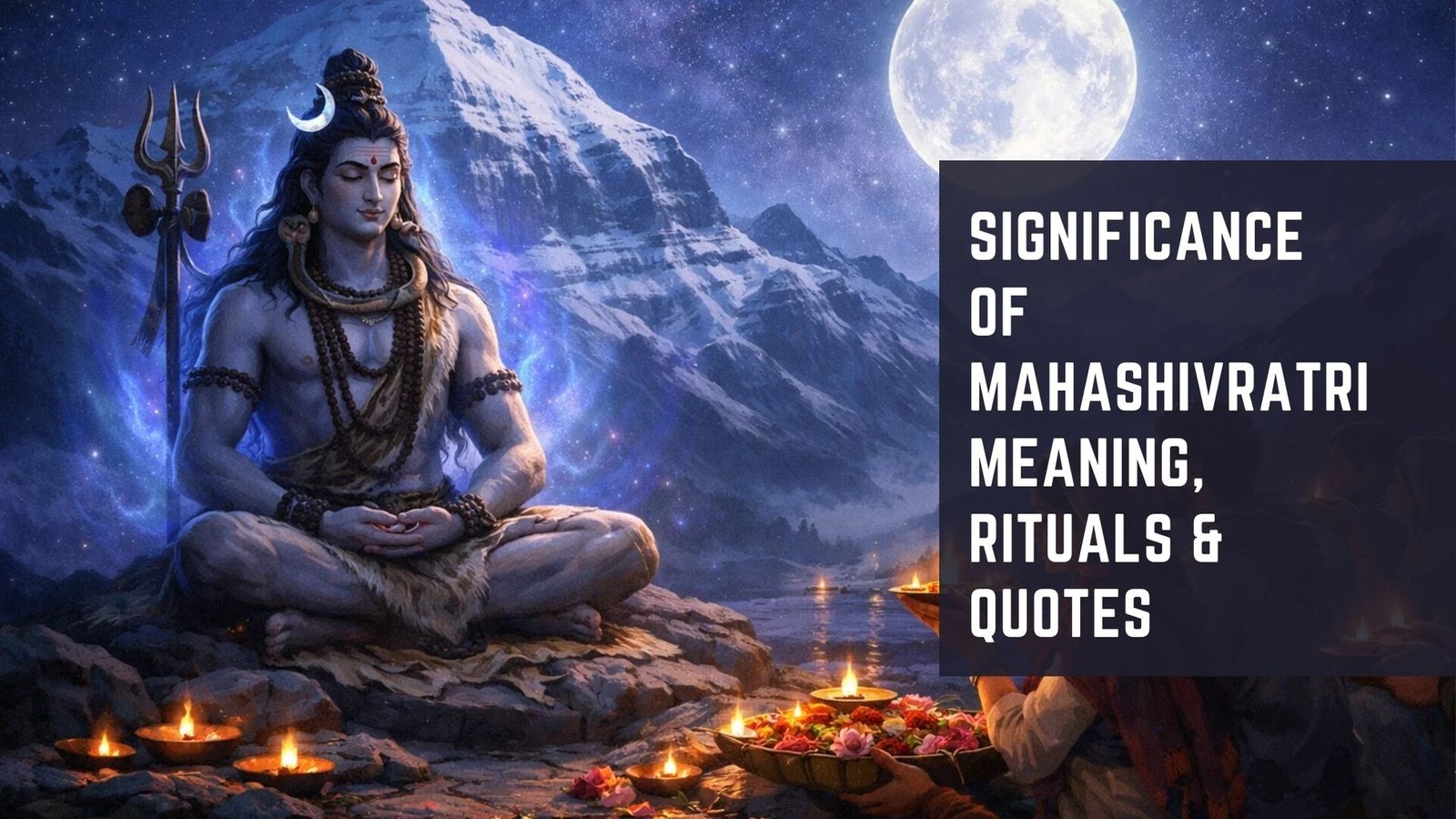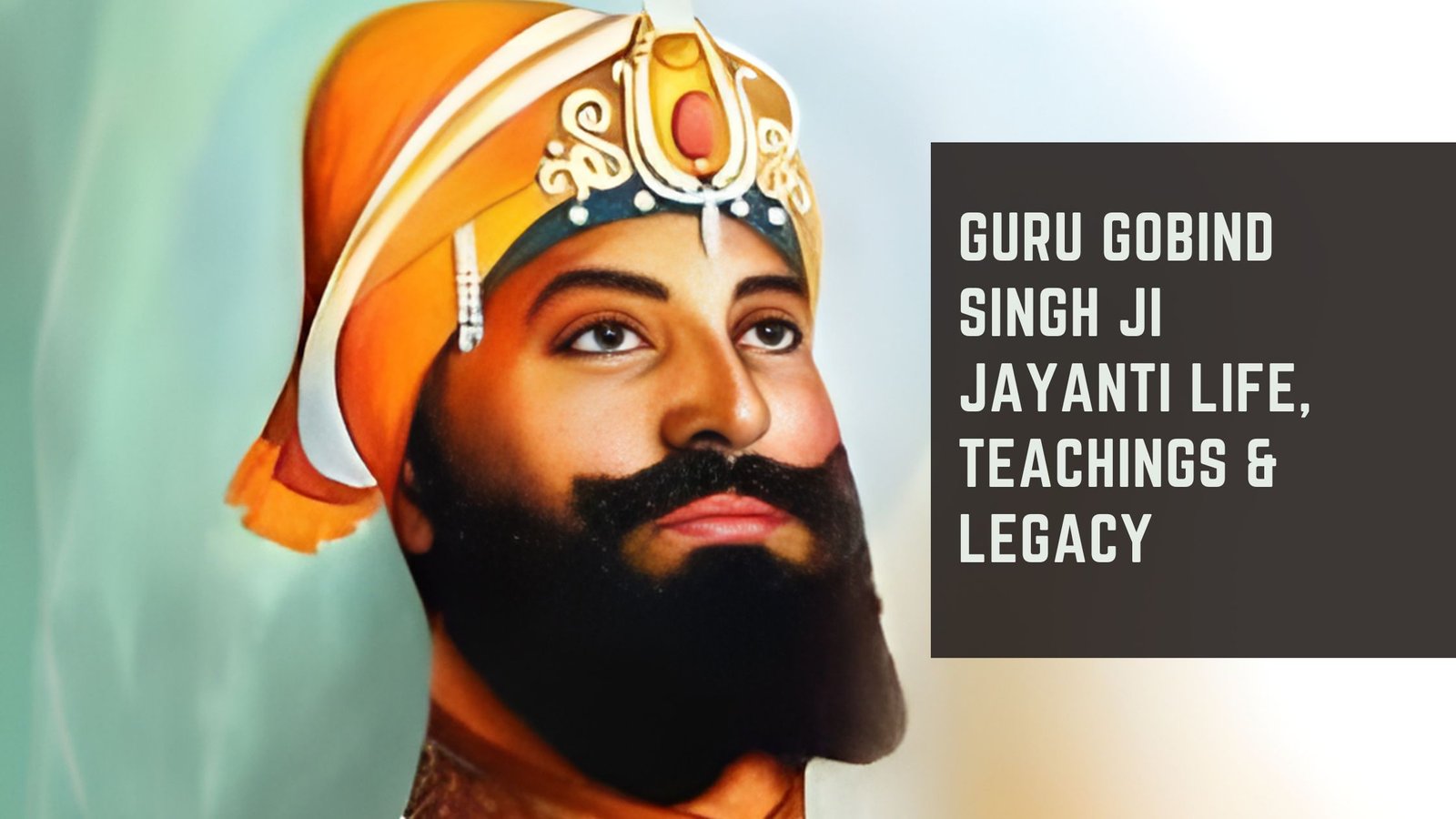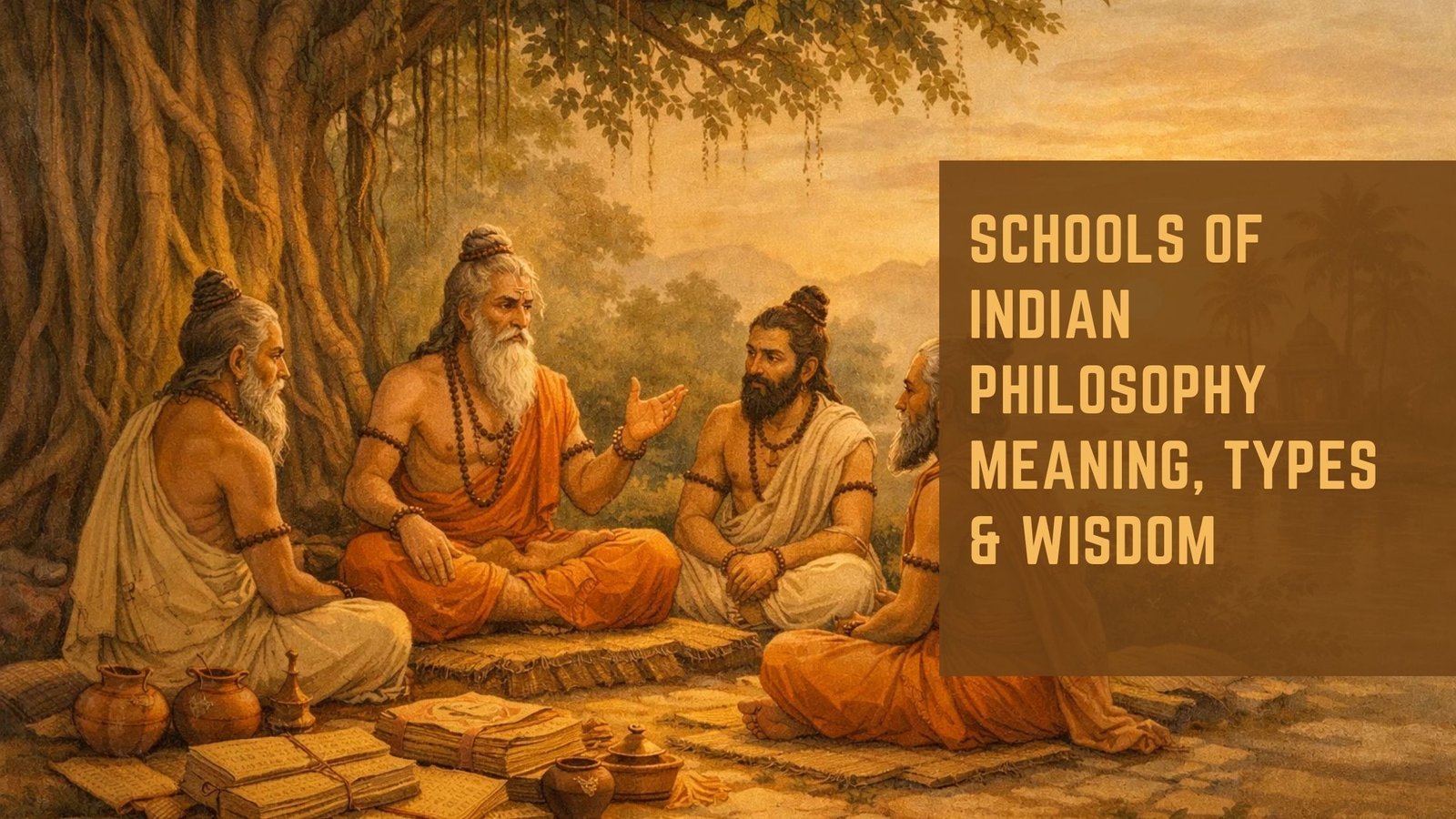The Bhagavad Gita, often referred to simply as the Gita, is a 700-verse Hindu scripture that is part of the Indian epic Mahabharata. It is a philosophical dialogue between Prince Arjuna and Lord Krishna, who serves as his charioteer. This sacred text addresses the moral and ethical dilemmas faced by Arjuna on the battlefield of Kurukshetra, where he is torn between his duty as a warrior and his love for his family members on the opposing side.
The Gita transcends its historical and cultural context, offering profound insights into human existence, duty, and spirituality that resonate with people across various backgrounds and beliefs. The teachings of the Bhagavad Gita encompass a wide range of themes, including the nature of reality, the self, and the universe. It delves into concepts such as karma (action), bhakti (devotion), and jnana (knowledge), providing a comprehensive framework for understanding one’s place in the world.
The Gita encourages individuals to seek their true purpose and to act in accordance with their dharma, or duty, while remaining detached from the fruits of their actions. This timeless wisdom continues to inspire countless individuals seeking guidance in their personal and spiritual lives.
Key Takeaways
- The Bhagavad Gita is a sacred Hindu scripture that addresses the moral and ethical dilemmas faced by individuals in their daily lives.
- Modern society grapples with ethical and moral dilemmas, and the teachings of the Bhagavad Gita offer valuable insights and guidance in navigating these challenges.
- Stress and anxiety management are important aspects of modern life, and the Bhagavad Gita provides techniques and philosophies for achieving inner peace and balance.
- Effective leadership and decision making can be informed by the principles of the Bhagavad Gita, which emphasize the importance of duty, righteousness, and selflessness.
- The concept of Dharma, or duty, in the workplace can be understood and applied through the teachings of the Bhagavad Gita, promoting a sense of purpose and responsibility.
- The pursuit of self-realization and inner peace is a central theme in the Bhagavad Gita, offering individuals a path to spiritual growth and fulfillment.
- Interfaith dialogue and understanding can be fostered through the universal teachings of the Bhagavad Gita, promoting harmony and respect among different religious traditions.
- Applying the teachings of the Bhagavad Gita in today’s world can lead to a more ethical, compassionate, and harmonious society, benefiting individuals and communities alike.
Ethical and Moral Dilemmas in Modern Society
In contemporary society, individuals frequently encounter ethical and moral dilemmas that challenge their values and beliefs. Issues such as climate change, social justice, and economic inequality force people to confront difficult choices that often pit personal interests against the greater good. The Bhagavad Gita offers valuable insights into navigating these complex situations by emphasizing the importance of duty and righteousness.
Just as Arjuna grappled with his responsibilities on the battlefield, modern individuals must also weigh their obligations to themselves, their families, and society at large. The Gita teaches that one must act according to their dharma, which can be interpreted as a call to engage in ethical behavior even when faced with challenging circumstances.
By applying the teachings of the Gita, individuals can cultivate a sense of moral clarity that guides them through the murky waters of modern ethical dilemmas, ultimately leading to more thoughtful and compassionate decision-making.
Stress and Anxiety Management

In an age characterized by rapid technological advancements and constant connectivity, stress and anxiety have become pervasive issues affecting individuals across all walks of life. The Bhagavad Gita offers profound wisdom for managing these feelings by promoting mindfulness and self-awareness. Krishna’s teachings encourage individuals to remain centered amidst chaos, emphasizing the importance of focusing on one’s actions rather than becoming overly attached to outcomes.
This perspective can help alleviate anxiety by shifting attention away from future uncertainties and toward present responsibilities. Moreover, the Gita advocates for a balanced approach to life that includes physical, mental, and spiritual well-being. By incorporating practices such as meditation, yoga, and self-reflection into daily routines, individuals can cultivate inner peace and resilience against stressors.
The teachings of the Gita remind individuals that while challenges are an inevitable part of life, one’s response to these challenges can be transformed through conscious awareness and disciplined practice. In this way, the Gita serves as a timeless guide for those seeking to navigate the complexities of modern existence with grace and composure.
Leadership and Decision Making
| Metrics | 2019 | 2020 | 2021 |
|---|---|---|---|
| Employee Engagement | 78% | 82% | 85% |
| Leadership Effectiveness | 7.5 | 8.0 | 8.5 |
| Decision Making Speed | 3 days | 2 days | 1 day |
Effective leadership in today’s world requires a nuanced understanding of both ethical principles and human psychology. The Bhagavad Gita provides valuable insights into leadership by illustrating the qualities of a true leader through the character of Lord Krishna. He embodies wisdom, compassion, and unwavering commitment to dharma, serving as a model for leaders who aspire to inspire and guide others.
Krishna’s ability to navigate complex situations with clarity and purpose highlights the importance of making decisions rooted in ethical considerations rather than mere self-interest. Furthermore, the Gita emphasizes the significance of selfless action in leadership. Leaders are encouraged to act not for personal gain but for the welfare of their teams and communities.
This approach fosters trust and loyalty among followers, creating an environment where collaboration and innovation can thrive. By applying the principles outlined in the Bhagavad Gita, leaders can cultivate a sense of purpose that transcends individual ambitions, ultimately leading to more effective decision-making that benefits all stakeholders involved.
The Concept of Dharma in the Workplace
The concept of dharma is central to the teachings of the Bhagavad Gita and holds particular relevance in today’s workplace environment. Dharma refers to one’s duty or righteousness, which varies based on individual roles and responsibilities. In a professional context, understanding one’s dharma can lead to greater job satisfaction and fulfillment.
Employees who align their work with their values are more likely to experience a sense of purpose in their roles, contributing positively to both their personal growth and organizational success. Moreover, organizations that foster an environment where employees can express their dharma are likely to see increased engagement and productivity. When individuals feel empowered to act in accordance with their values, they are more motivated to contribute meaningfully to their teams.
The teachings of the Gita encourage leaders to create a culture that recognizes and supports diverse expressions of dharma within the workplace. By doing so, organizations can harness the unique strengths of each employee while promoting a collective commitment to ethical practices and social responsibility.
The Pursuit of Self-Realization and Inner Peace

Embracing Introspection and Self-Awareness
In a world filled with distractions and superficial pursuits, the message of the Gita serves as a powerful reminder of the importance of introspection and self-awareness. To embark on this journey, individuals are encouraged to engage in practices such as meditation, self-reflection, and mindfulness, which help cultivate a deeper understanding of oneself and foster a sense of inner calm amidst external chaos.
Cultivating Transformation and Lasting Peace
The teachings of the Gita suggest that by aligning one’s actions with their true nature, individuals can experience profound transformation and lasting peace. This pursuit not only benefits the individual but also contributes positively to society by fostering compassion, empathy, and understanding among all beings.
A Path to Inner Fulfillment and Social Harmony
Ultimately, the pursuit of self-realization is a journey toward inner fulfillment and social harmony. By recognizing and embracing their true nature, individuals can experience a deeper sense of purpose and connection, leading to a more compassionate and harmonious world.
Interfaith Dialogue and Understanding
In an increasingly interconnected world, interfaith dialogue has become essential for fostering understanding and harmony among diverse religious traditions. The Bhagavad Gita offers valuable insights into this process by emphasizing universal truths that transcend specific cultural or religious contexts. Its teachings promote respect for different paths toward spiritual realization while highlighting the commonalities shared by all human beings in their quest for meaning and purpose.
The Gita encourages individuals to approach interfaith dialogue with an open heart and mind, recognizing that each tradition offers unique perspectives on fundamental questions about existence. By engaging in respectful conversations rooted in empathy and curiosity, individuals can bridge divides and cultivate mutual understanding among different faith communities. The teachings of the Bhagavad Gita serve as a foundation for promoting peace and cooperation in an increasingly pluralistic world, reminding individuals that despite differences in belief systems, all people share a common humanity.
Applying the Teachings of the Bhagavad Gita in Today’s World
The teachings of the Bhagavad Gita offer timeless wisdom that remains relevant in today’s fast-paced and often chaotic world. By addressing ethical dilemmas, stress management, leadership principles, workplace dynamics, self-realization, and interfaith dialogue, the Gita provides a comprehensive framework for navigating life’s complexities with grace and integrity. Its emphasis on dharma encourages individuals to act responsibly while remaining true to their values, fostering a sense of purpose that transcends personal ambitions.
As individuals seek guidance in their personal lives or professional endeavors, they can draw upon the profound insights found within the Bhagavad Gita. By applying its teachings to contemporary challenges—whether in ethical decision-making or cultivating inner peace—individuals can create positive change within themselves and their communities. Ultimately, embracing the wisdom of the Gita not only enriches individual lives but also contributes to building a more compassionate and harmonious world for all.
The Bhagavad Gita continues to be a timeless guide to life, offering wisdom and insights that are relevant even in modern times. In a related article on unraveling the Gita and understanding its depths, the author delves into the profound teachings of the Gita and how they can be applied to our daily lives. By exploring the depths of this ancient text, we can gain a deeper understanding of ourselves and the world around us. Whether it is teaching kids the wisdom of the Gita or finding guidance for our own lives, the Bhagavad Gita continues to offer valuable lessons for all.
FAQs
What is the Bhagavad Gita?
The Bhagavad Gita is a 700-verse Hindu scripture that is part of the Indian epic Mahabharata. It is a sacred text of the Hindu religion and is considered one of the most important spiritual classics in the world.
What is the significance of the Bhagavad Gita in modern life?
The Bhagavad Gita offers timeless wisdom and guidance on various aspects of life, including duty, righteousness, and spirituality. Its teachings are relevant to modern life as they provide insights into managing stress, making ethical decisions, and finding inner peace.
How can the teachings of the Bhagavad Gita be applied to modern life?
The Bhagavad Gita’s teachings can be applied to modern life by emphasizing the importance of selflessness, mindfulness, and the pursuit of knowledge. Its principles can help individuals navigate the complexities of modern society and lead a more balanced and fulfilling life.
What are some key lessons from the Bhagavad Gita that are relevant to modern life?
Some key lessons from the Bhagavad Gita that are relevant to modern life include the concept of selfless action (karma yoga), the importance of maintaining inner peace amidst challenges, and the pursuit of spiritual growth alongside worldly responsibilities.
How can the Bhagavad Gita help individuals in their personal and professional lives?
The Bhagavad Gita can help individuals in their personal and professional lives by providing guidance on ethical decision-making, stress management, and maintaining a sense of purpose and fulfillment in their endeavors. Its teachings can inspire individuals to lead a more balanced and meaningful life.














